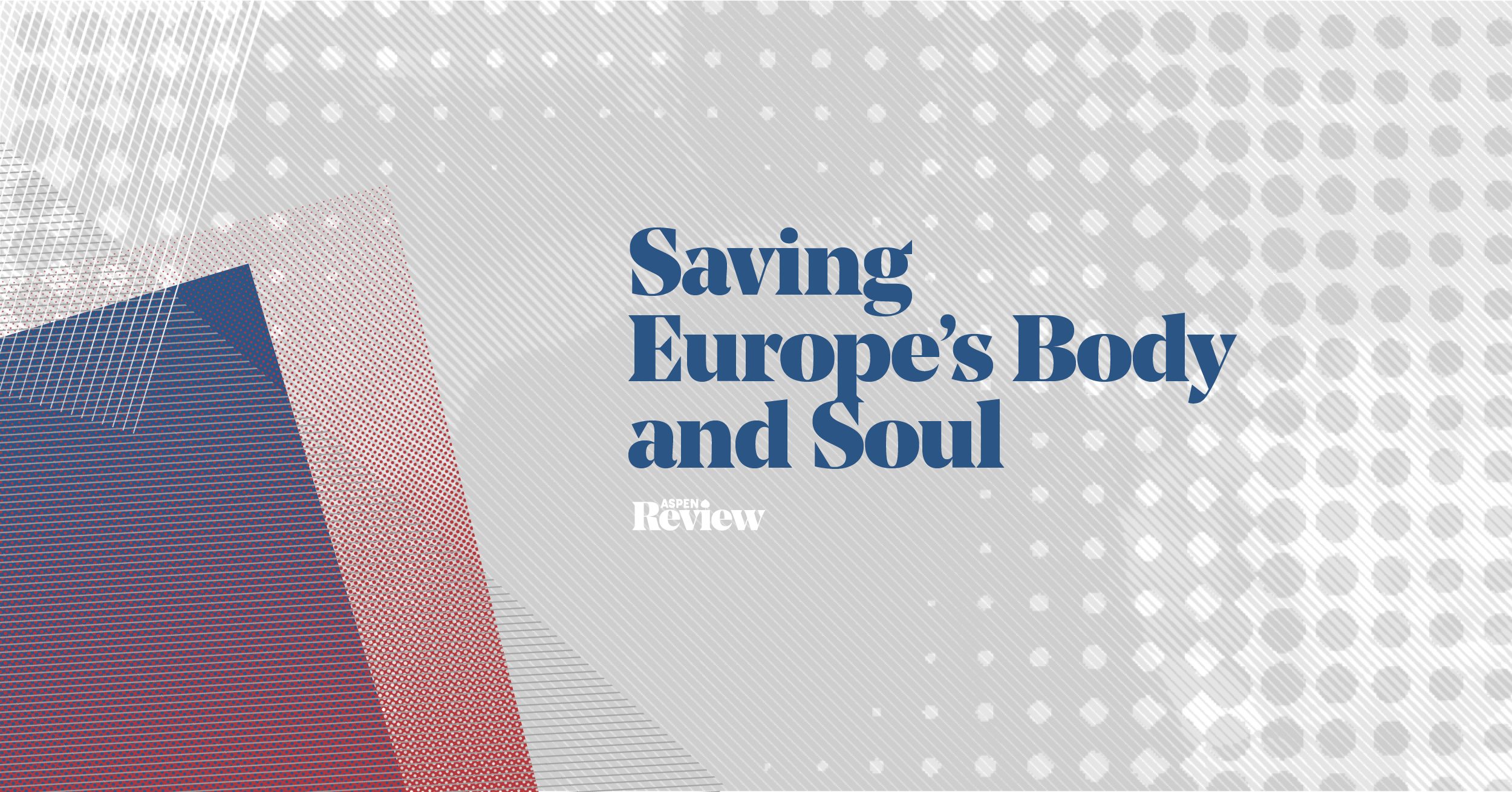Dear Readers,
We have covered Europe’s development quite regularly in Aspen Review. Points of view have varied from those ringing alarming bells to a business-as-usual perspective. Despite the picture of a constant crisis in the media, European societies have shown a relatively high level of resilience against financial or migration challenges and have not resorted to extreme political reactions. Perhaps, except Brexit…
Are you concerned about the future of Europe? Is it because of the state of the economy, society, the environment or all combined? Will Europe be able to maintain its competitiveness? How many of the challenges Europe is facing can be attributed to technological changes and the progress of automation? Is Europe going to lag behind others and become an irrelevant object of geopolitics rather than an active subject in the international balance of power?
In this issue, the author of “Dawn of Eurasia”, Bruno Maçães convincingly argues that Europe cannot be understood from within but only from a broader perspective since “Europeans are dependent on forces they cannot control”. He concludes that “Whether Europe moves towards a genuine political union is a story where China—not Germany or France—will play the main role”, although this might sound a bit provocative after the recent deal on the leadership of EU institutions concluded between France and Germany.
As external influences are beyond Europe’s control, it can influence a great deal from inside. To what extent is the shape of Europe defined by its own institutions—be it the Council of Europe or some of the institutions of the European Union? Or can it be measured by the state of national institutions? I would argue that Europe—including its institutions—is formed first and foremost by the social, economic and political behavior of its inhabitants. Europe is simply us. Does that mean, however,—recalling the topic of the last issue—Europeans as citizens or customers?
Judging from the recent election to the EP, Europe seems to be increasingly fragmented. The centre-right (EPP) and centre-left (PES) will no longer form a dominant force. We shall see how the European Parliament—politically empowered by the Lisbon Treaty—will exert its influence vis a vis the European Council and the Commission.
Several years ago, Robert Kagan juxtaposed the soft and hard power of Europe and the US respectively in the celebrated dictum “Europeans are from Venus, Americans from Mars”. It may sound surprising that he views Europe as a symbolic guardian of the liberal order—“But only Europeans can bolster liberal democracy at home to preserve it in a world where it is increasingly embattled.” In an interview reprinted from our sister Aspenia-journal, Kagan values the soft power of Europe in terms of maintaining the flag of liberal values. “The fate of Europe as a set of liberal, open, democratic societies matters immensely to the future of our world order.”
Perhaps we should not panic. I hope the readings in this issue will serve to make you more determined to carry on.


